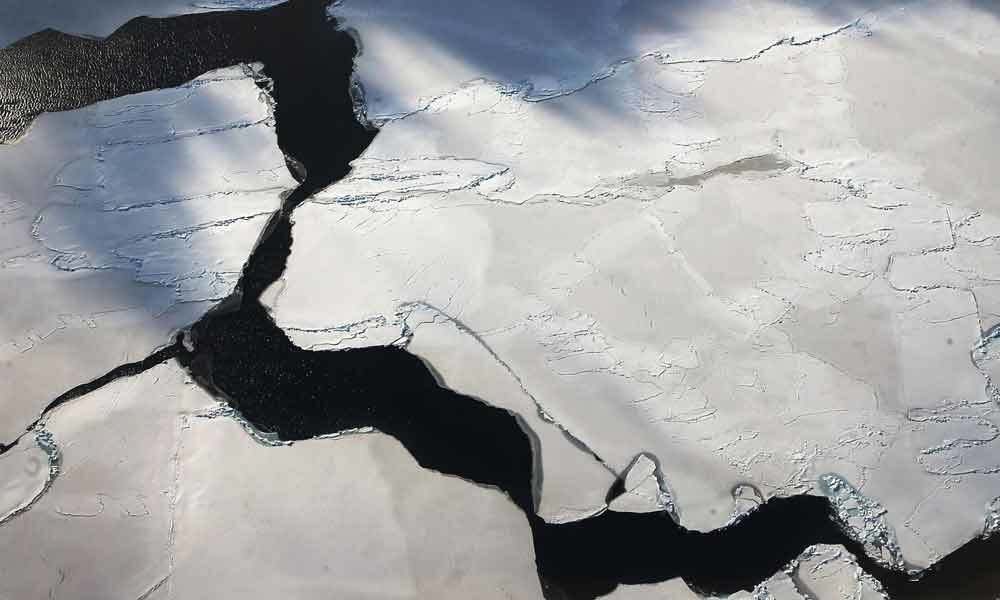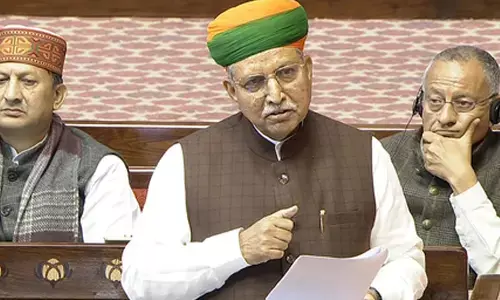Climate change: Refreeze polar regions to reverse damage done by humans, Sir David King says

Spraying salt water high into the atmosphere above the Arctic could reflect heat back into space, Sir David King says.
A University of Cambridge professor has proposed a radical new centre for climate repair to reverse the damage humans are doing to the environment.
The proposals would aim to roll back the harms of global warming and include refreezing the Earth's polar regions and capturing carbon dioxide from out of the atmosphere.
Sir David, a former chief scientific adviser to the government, said that time "is no longer on our side" to tackle climate change.
"What we continue to do, what we do that is new, and what we plan to do over the next 10 to 12 years will determine the future of humanity for the next 10,000," he said.
Theoretical techniques of large-scale human intervention to drive climate change in a positive direction are part of an area of research known as geoengineering.
They could include spraying salt water high into the atmosphere in the Arctic to "whiten" clouds there and reflect heat back into space, as well as growing more vegetation to remove carbon dioxide from the air.
But the cost to research and implement these techniques safely has hampered most of these proposals.
Sky News' science correspondent Thomas Moore said: "Climate engineering has been discussed for many years.
"In the past it was considered too radical and potentially risked unforeseen effects on the environment, including changes in rainfall, and lower crop yields.
"But the anticipated risks of climate change have increased, so now many scientists are arguing that climate hacking should be back on the table - as an adjunct, not an alternative, to carbon cuts."
Unprecedented changes are required by society to prevent global temperatures rising more than 1.5 degrees Celsius according to the UN's intergovernmental panel on climate change.
The panel called for countries to cut carbon emissions by 45% by 2030 and to net zero by 2050, with steep cuts in other greenhouse gases such as methane also needed.
The UK recently went eight days without using any coal power after decades of investment in alternative energy sources.
It was the longest run without burning the fossil fuel since 1882 and the days of the industrial revolution.
There will be no electricity in the UK supplied by coal power at all by 2025, and the government believes the last coal plant in the UK could close as early as 2022 due to emissions charges.




















